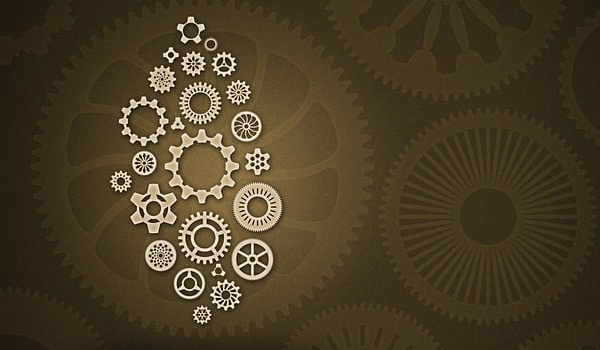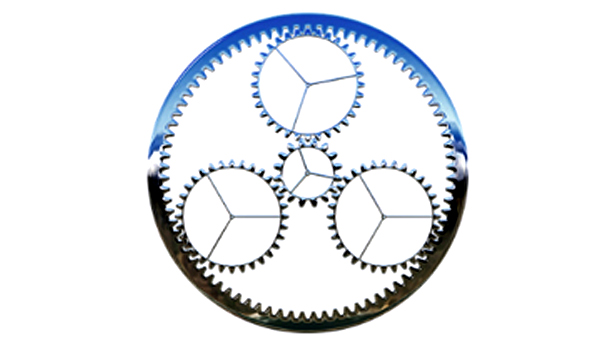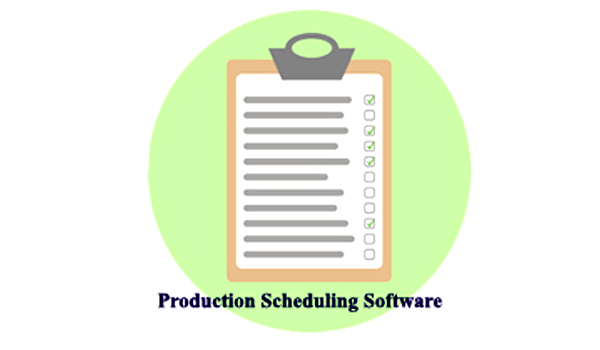Find Best Manufacturing Software for Your Business
We help you find the right Manufacturing Software for your business.

Manufacturing Software
Explore best Manufacturing Software for your business.
Types of manufacturing software
- Enterprise Resource Planning (ERP) Software
- Manufacturing Execution System (MES) Software
- Product Lifecycle Management (PLM) Software
- Computer-Aided Design and Computer-Aided Manufacturing (CAD/CAM) Software
- Material Requirements Planning (MRP) Software
- Inventory Management Software
- Quality Management Software (QMS)
- Shop Floor Control Software
- Production Scheduling Software
- Supply Chain Management (SCM) Software
- Maintenance Management Software
Uses of Manufacturing Software
- Streamlined Production Planning
- Real-Time Production Monitoring
- Inventory Management
- Quality Control
- Work Order Management
- Material Requirement Planning (MRP)
- Resource Allocation
- Cost Control
- Product Lifecycle Management (PLM)
- Supplier Management
- Compliance and Reporting
- Data Analysis and Decision Making
Benefits of Manufacturing Software
- Improved Production Planning
- Enhanced Real-Time Monitoring
- Streamlined Inventory Management
- Enhanced Quality Control
- Efficient Work Order Management
- Accurate Material Requirement Planning (MRP)
- Optimal Resource Allocation
- Cost Reduction
- Improved Product Lifecycle Management (PLM)
- Enhanced Supplier Management
- Compliance and Reporting
- Data-Driven Decision Making
- Increased Customer Satisfaction
- Faster Response to Changes
- Improved Collaboration
Features of Manufacturing Software
- Production Planning and Scheduling
- Real-Time Monitoring and Reporting
- Inventory Management
- Quality Control and Compliance
- Work Order Management
- Material Requirement Planning (MRP)
- Resource Allocation
- Cost Accounting and Control
- Product Lifecycle Management (PLM)
- Shop Floor Control
- Equipment Maintenance Management
- Supplier Management
- Document Control
- Bill of Materials (BOM) Management
- Batch and Lot Tracking
- Mobile Access and Reporting
- Reporting and Analytics
Key users of manufacturing software
- Manufacturers: Streamline production and optimize processes.
- Production Managers: Ensure on-time production with resource management.
- Quality Control Teams: Monitor and maintain product quality.
- Inventory Managers: Optimize inventory and reduce holding costs.
- Maintenance Managers: Minimize equipment downtime.
- Supply Chain Managers: Enhance supply chain efficiency.
- Operators and Technicians: Operate and maintain equipment.
- ERP Users: Integrate software for streamlined operations.
- Shop Floor Personnel: Access real-time production information.
- Maintenance Techs: Diagnose and maintain equipment.
- IT Professionals: Manage software and ensure security.
- Business Analysts: Analyze data for performance improvement.
- Executives: Make informed strategic decisions.
- Compliance Personnel: Ensure adherence to regulations.
- Consultants: Assist with software implementation and optimization.
Types of software and systems that manufacturing software integrates
- ERP Software: Integrates with enterprise resource planning to manage production, inventory, and financial data.
- CRM Software: Integrates with customer relationship management to streamline customer data and sales.
- Supply Chain Management Software: Enhances material tracking and logistics within production.
- QMS Software: Ensures quality control and compliance with industry standards.
- EAM Software: Supports equipment maintenance and minimizes downtime.
- WMS Software: Optimizes inventory management and logistics in manufacturing.
- PLM Software: Assists in product design, development, and change management.
- IoT Platforms: Enables real-time data collection and monitoring of machinery.
- MRP Software: Supports demand forecasting and material procurement.
- HRMS: Manages workforce data, labor, and payroll.
- Financial Software: Tracks costs and budgets for manufacturing operations.
- MES: Connects shop floor operations with planning and management systems.
- Document Management Systems: Efficiently handles and stores documents.
- BI and Analytics Tools: Provides data analysis and reporting for informed decisions.
- Regulatory Compliance Software: Ensures adherence to industry-specific regulations.
- CAD/CAM Software: Supports design, machining, and production processes.
- Labor Tracking and Timekeeping Software: Manages labor and tracks productivity.
- Maintenance Management Software: Enhances equipment upkeep and repair processes.
- These integrations collectively enhance manufacturing operations, efficiency, and data management.
Offering Manufacturing Software?
Customers in the market for Manufacturing Software are actively browsing on SaaSUncovered. Be certain they come across your Manufacturing Software.
Get ListedFrom our blog


